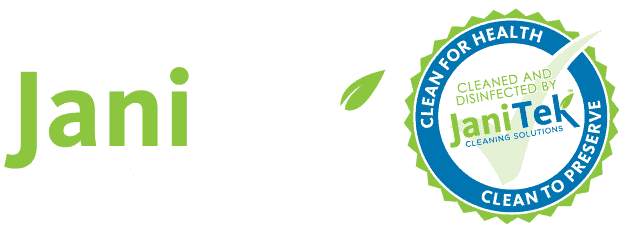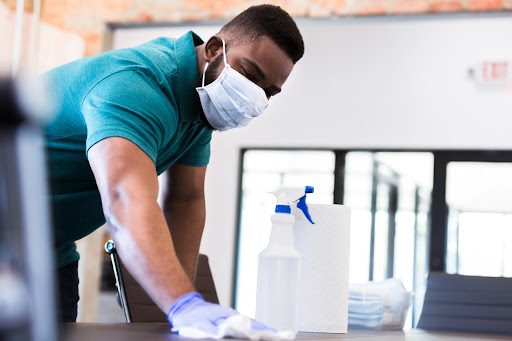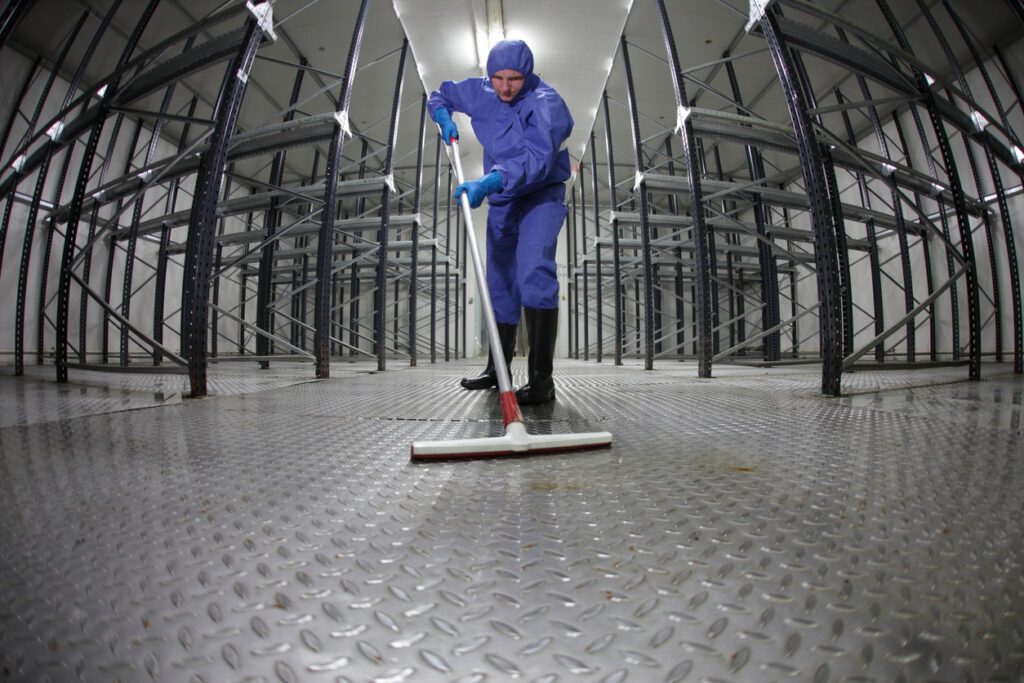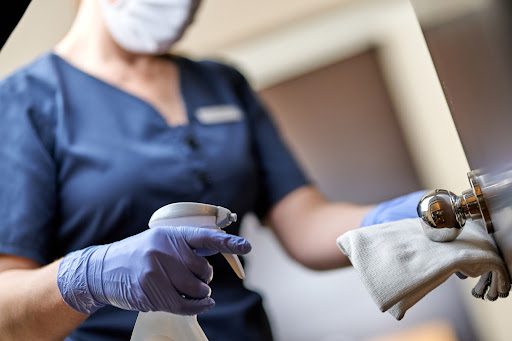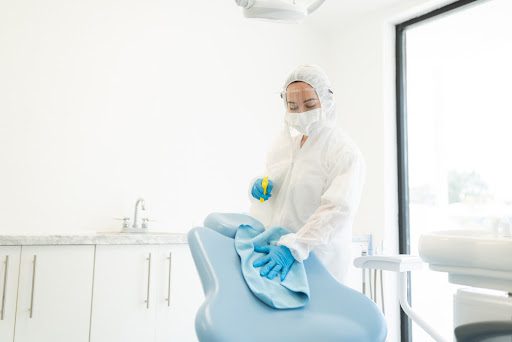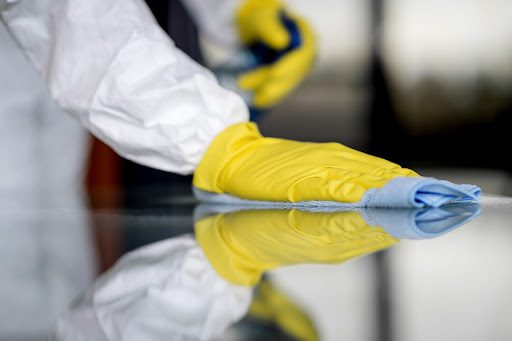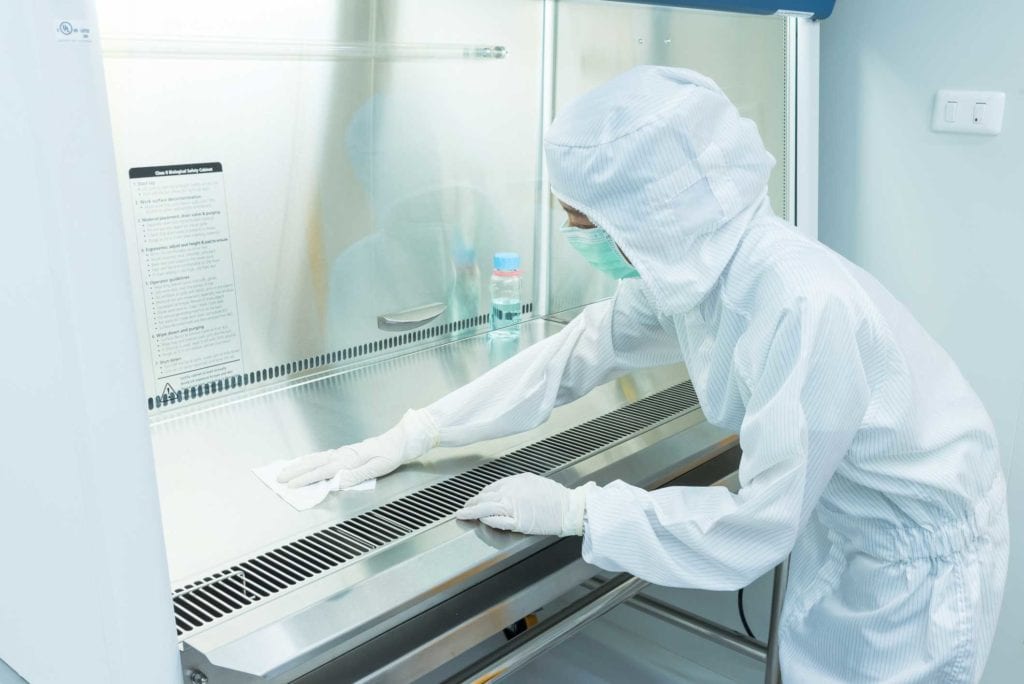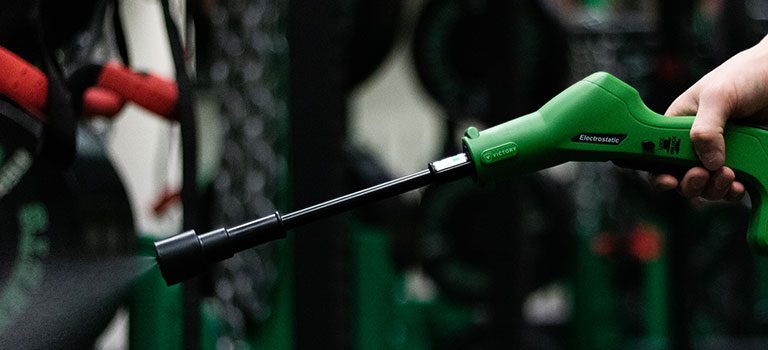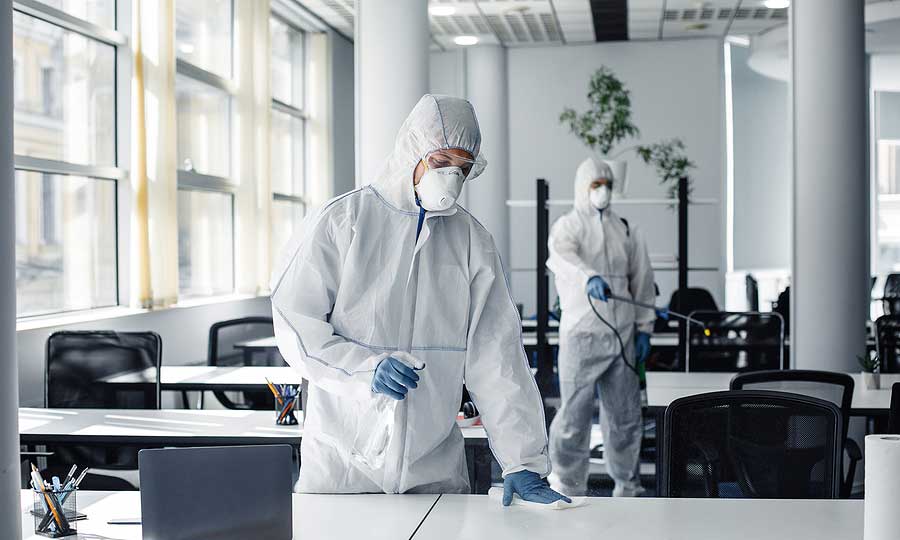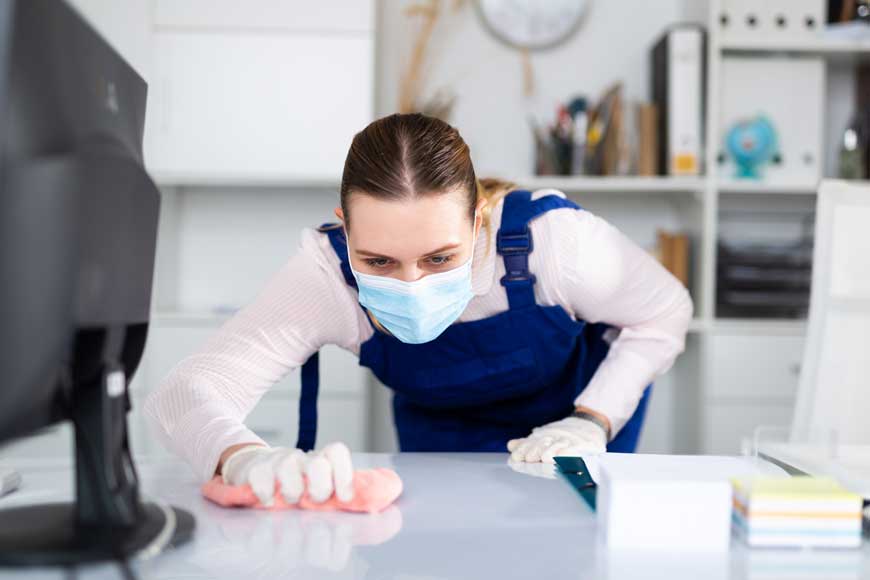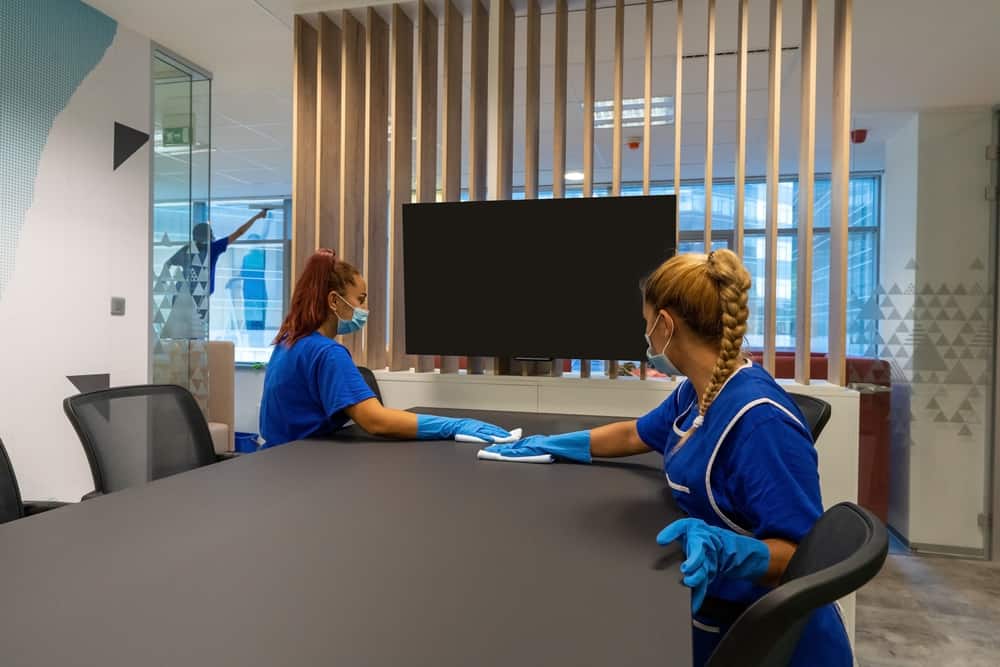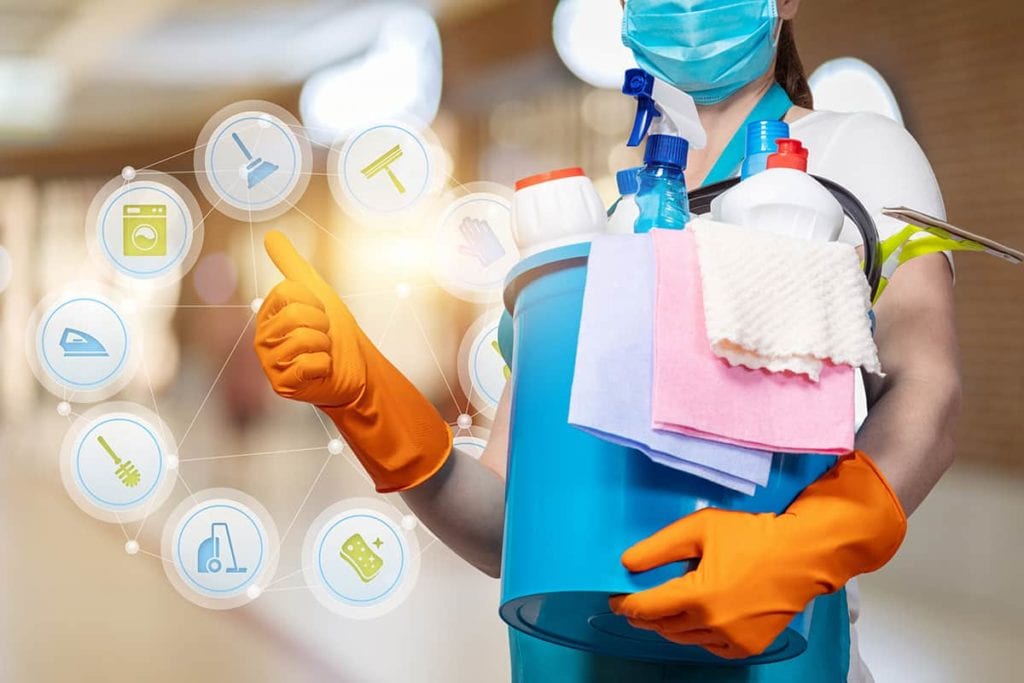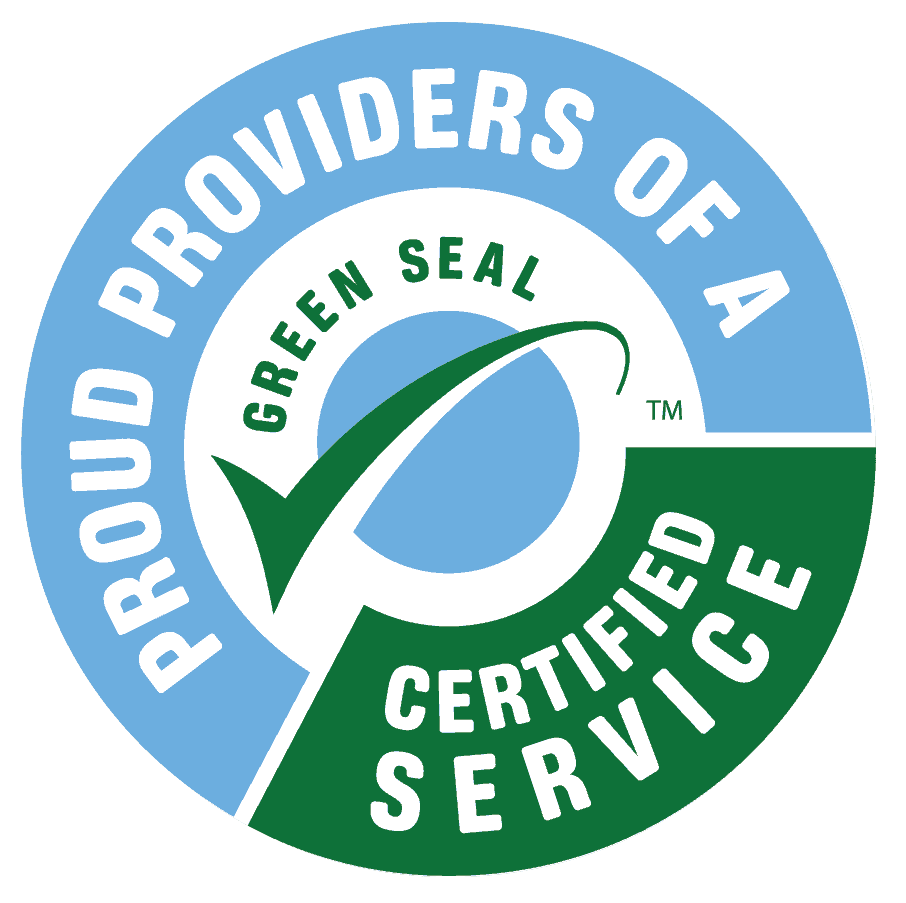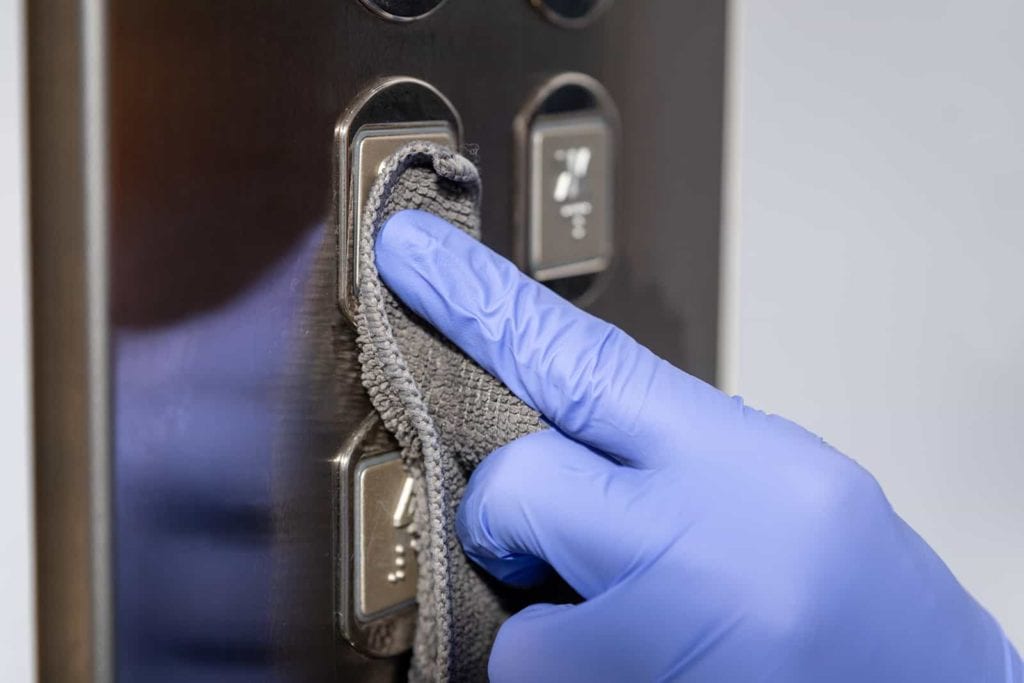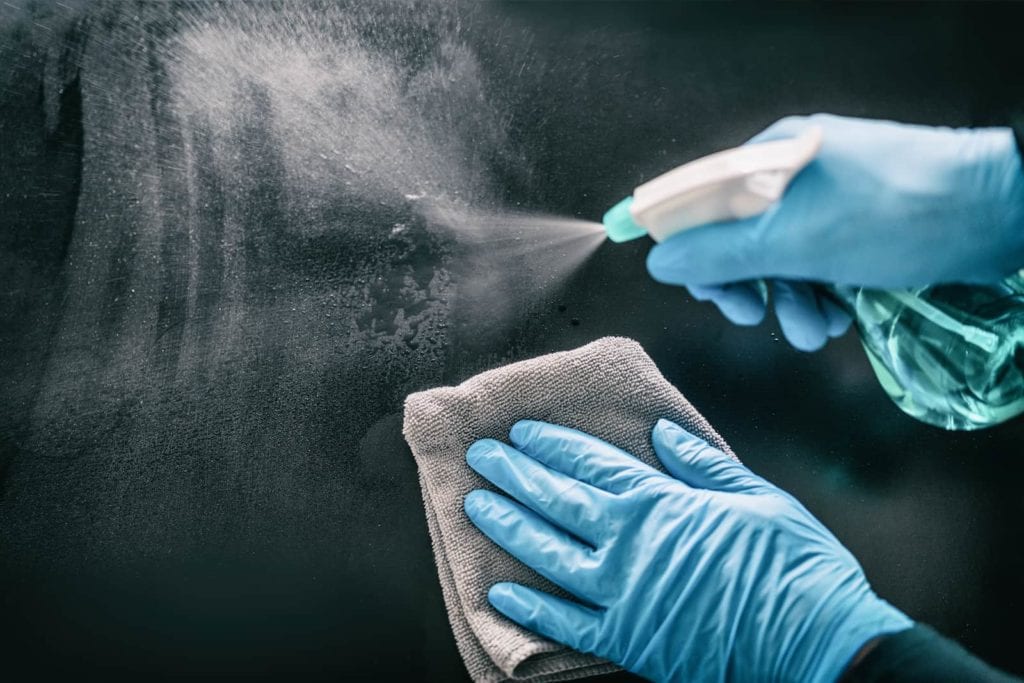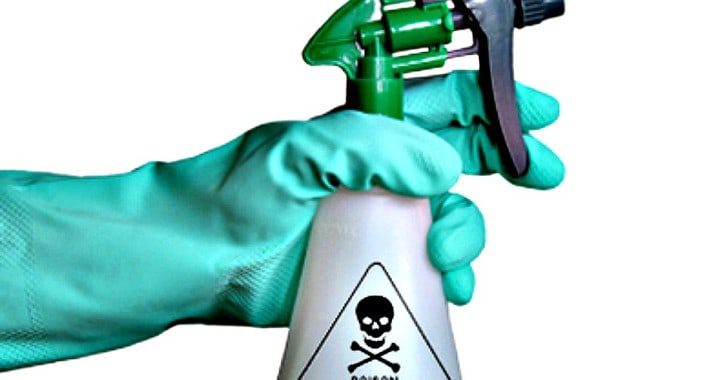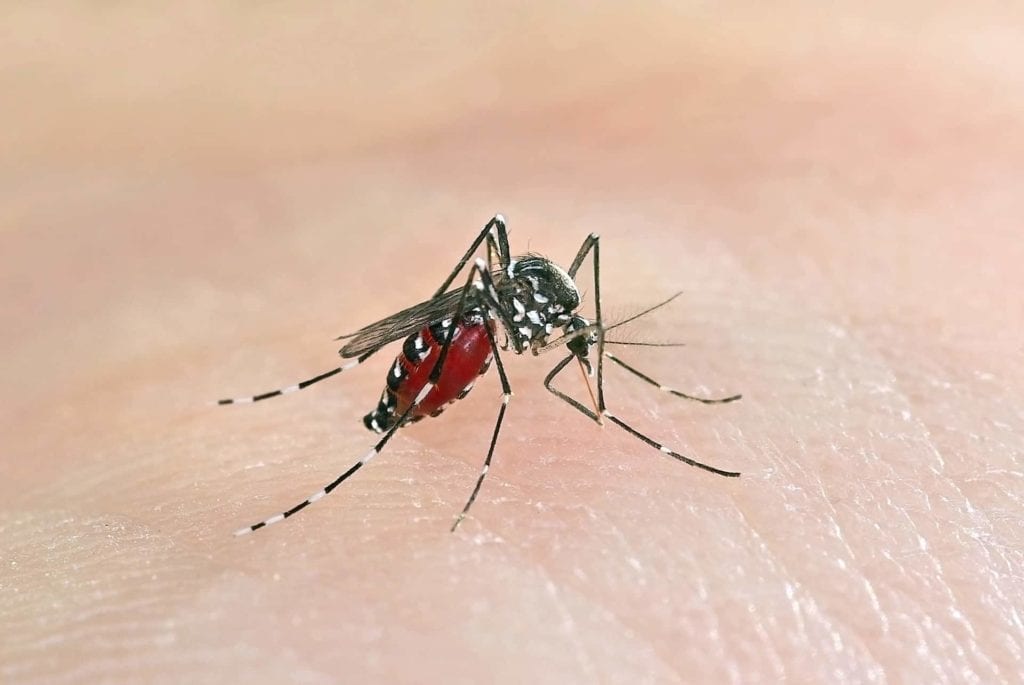Employers have a responsibility to keep their employees safe. The coronavirus has highlighted the importance of safe working conditions, but it is not the only pathogen posing a danger to your employees. Bloodborne pathogens in the workplace also pose a health risk to your employees.
Sickness diminishes employees’ productivity considerably. So, are your employees safe from bloodborne pathogens? Here’s what you need to know to maintain a safe working environment.
Common Types of Bloodborne Pathogens
Bloodborne pathogens are microorganisms in the bloodstream (and other body fluids) that cause and carry infectious diseases. Some of the common types of bloodborne pathogens in the workplace include:
-
Hepatitis B (HBV)
Hepatitis B causes liver damage and can result in death if left untreated. It has a range of symptoms, including abdominal pain and jaundice. The CDC records an average of 3,000 new cases of Hepatitis B every year.
-
Hepatitis C (HCV)
Hepatitis C also causes serious liver damage and can result in death if left untreated. There is no vaccine for HCV and prevention is the best remedy.
-
Human Immunodeficiency Virus (HIV)
HIV attacks the body’s immune system, making it weak and making the victim vulnerable to many other diseases. It results in acquired immunodeficiency syndrome (AIDS) if left untreated.
Transmission of Bloodborne Pathogens in the Workplace
The bloodborne diseases discussed above (and many others not on the list) are all infectious. They are transmitted through body fluids such as blood, semen, and vaginal secretions. Researchers also caution that other common body fluids such as saliva, urine, and sweat also pose a low risk of infection.
The infected person’s body fluids must enter the employee’s body for infection to occur. Some of the common transmission routes include:
-
Unprotected Openings on the Skin
Open wounds on the skin present an opening through which bloodborne pathogens can get into the bloodstream, resulting in infection. For example, a surgeon working on an HIV-positive patient can cut himself by mistake, exposing himself to the patient’s infected blood.
-
Skin Penetration
Skin penetration is also a common spreader of bloodborne diseases. For example, a physician can use a needle on an HIV-positive patient and then accidentally prick himself when trying to dispose of it. A wide range of sharp objects can spread bloodborne pathogens through skin penetration, including staples and razors.
Keeping Your Employees Safe & Healthy
The Occupational Safety and Health Administration (OSHA) offers a range of regulations and guidelines to maintain a safe working environment. Its regulations on bloodborne pathogens address issues such as hepatitis B vaccinations, practice controls, recordkeeping, and hazard communication and training.
Different companies adopt different approaches to preventing the spread of bloodborne pathogens in the workplace. Two of the most common and effective solutions include:
-
Creating Awareness
Preventing the spread of bloodborne pathogens in the workplace starts with employees. Creating awareness about bloodborne diseases (their symptoms and how they spread) helps sensitize employees on the need to protect themselves.
-
Protective Gear
Wearing protective gear also helps limit contact between employees and infected patients’ body fluids, limiting the spread of bloodborne pathogens. For example, medical practitioners are required to wear PPE when handling extremely infectious diseases. Additionally, condoms also help limit the spread of sexually transmitted diseases such as HIV.
Stay Safe
Good hygiene is one of the easiest ways of preventing the spread of diseases, including bloodborne pathogens. As such, it is important to solicit the services of a competent commercial cleaning company certified in handling disease-prone environments.
JaniTek is fully versed in OSHA’s guidelines and standards on bloodborne pathogens in government offices, healthcare facilities, and more. Get in touch today to learn more about how we can help keep your workplace clean and safe.
